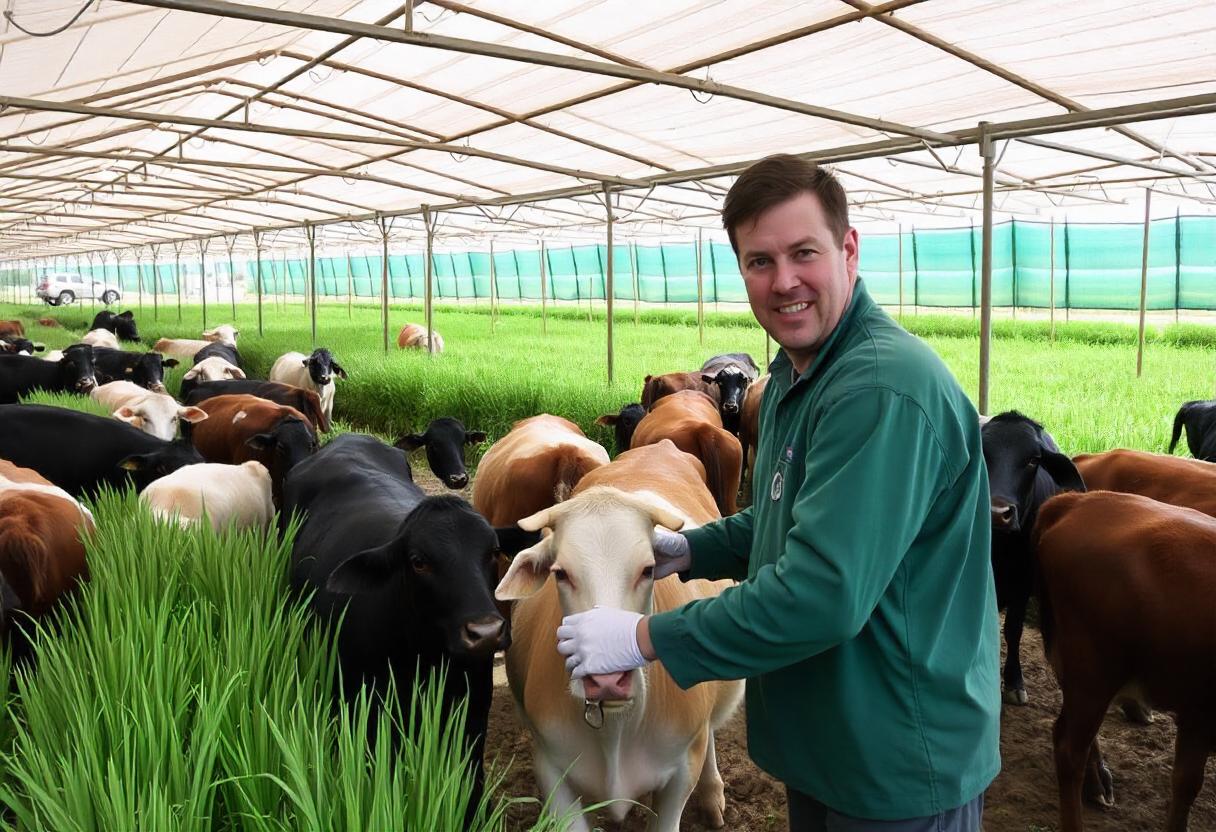
An agriculture veterinarian specializes in the health and well-being of animals involved in agricultural practices. This profession is crucial for maintaining the productivity and sustainability of the farming industry.
Roles and Responsibilities
Agriculture veterinarians play a variety of roles on farms and in agricultural settings. They are responsible for diagnosing and treating diseases in livestock such as cattle, sheep, pigs, and poultry. They also provide preventive care to ensure animals remain healthy, including vaccinations and routine check-ups.
Importance in the Agricultural Sector
The presence of an agriculture veterinarian is vital for several reasons. They help in managing and preventing outbreaks of diseases that can affect animal populations and, consequently, the food supply. Their expertise also contributes to the overall productivity and profitability of farming operations by ensuring that animals are healthy and able to produce high-quality products.
Skills and Qualifications
To become an agriculture veterinarian, one must complete a veterinary medicine degree, followed by specialized training in agricultural practices. Key skills for this profession include diagnostic abilities, knowledge of animal diseases, and strong communication skills to interact with farmers and farm staff.
Challenges Faced
Agriculture veterinarians often face challenges such as dealing with zoonotic diseases, which can be transmitted from animals to humans. They may also work in remote areas where resources and facilities are limited, requiring adaptability and resourcefulness.
Career Opportunities
Agriculture veterinarians have a range of career opportunities. They can work directly on farms, in veterinary clinics specializing in large animals, or in research and development roles within agricultural companies. Additionally, they may find opportunities in government agencies or international organizations focusing on animal health and agriculture.
Conclusion
Agriculture veterinarians are essential in ensuring the health and productivity of animals in the agricultural sector. Their work supports not only animal welfare but also the broader agricultural economy and food security.